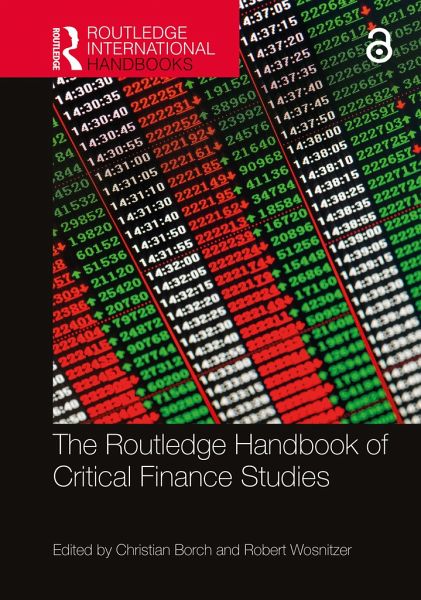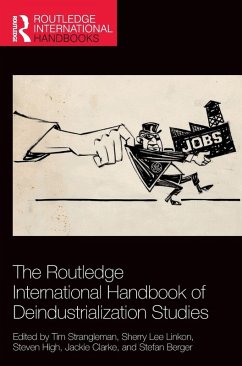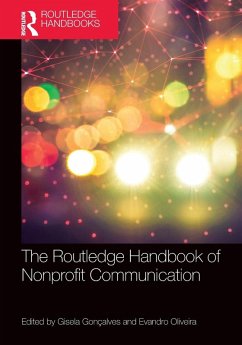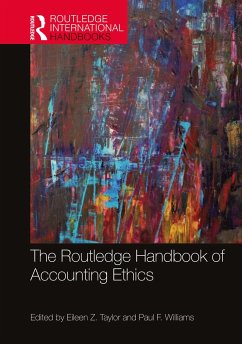
The Routledge Handbook of Critical Finance Studies
Versandkostenfrei!
Versandfertig in 1-2 Wochen
259,99 €
inkl. MwSt.
Weitere Ausgaben:

PAYBACK Punkte
130 °P sammeln!
The term 'critical finance studies' remains largely unfocused and undefined. Against this backdrop, the key rationales of The Routledge Handbook to Critical Finance Studies are to provide a coherent notion of this emergent field and to demonstrate its analytical usefulness across a wide range of central aspects of contemporary finance.














